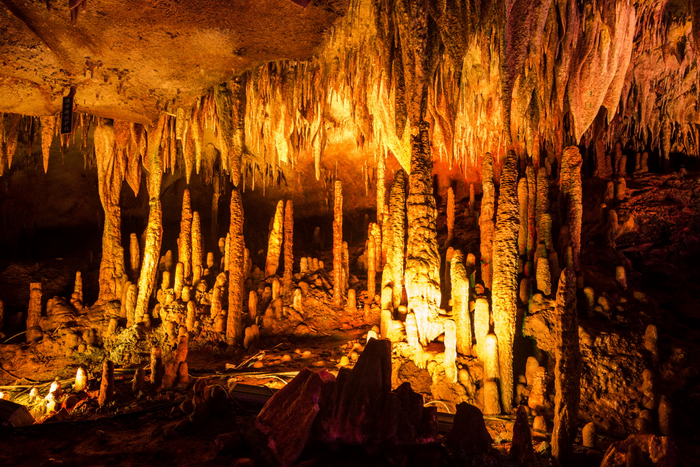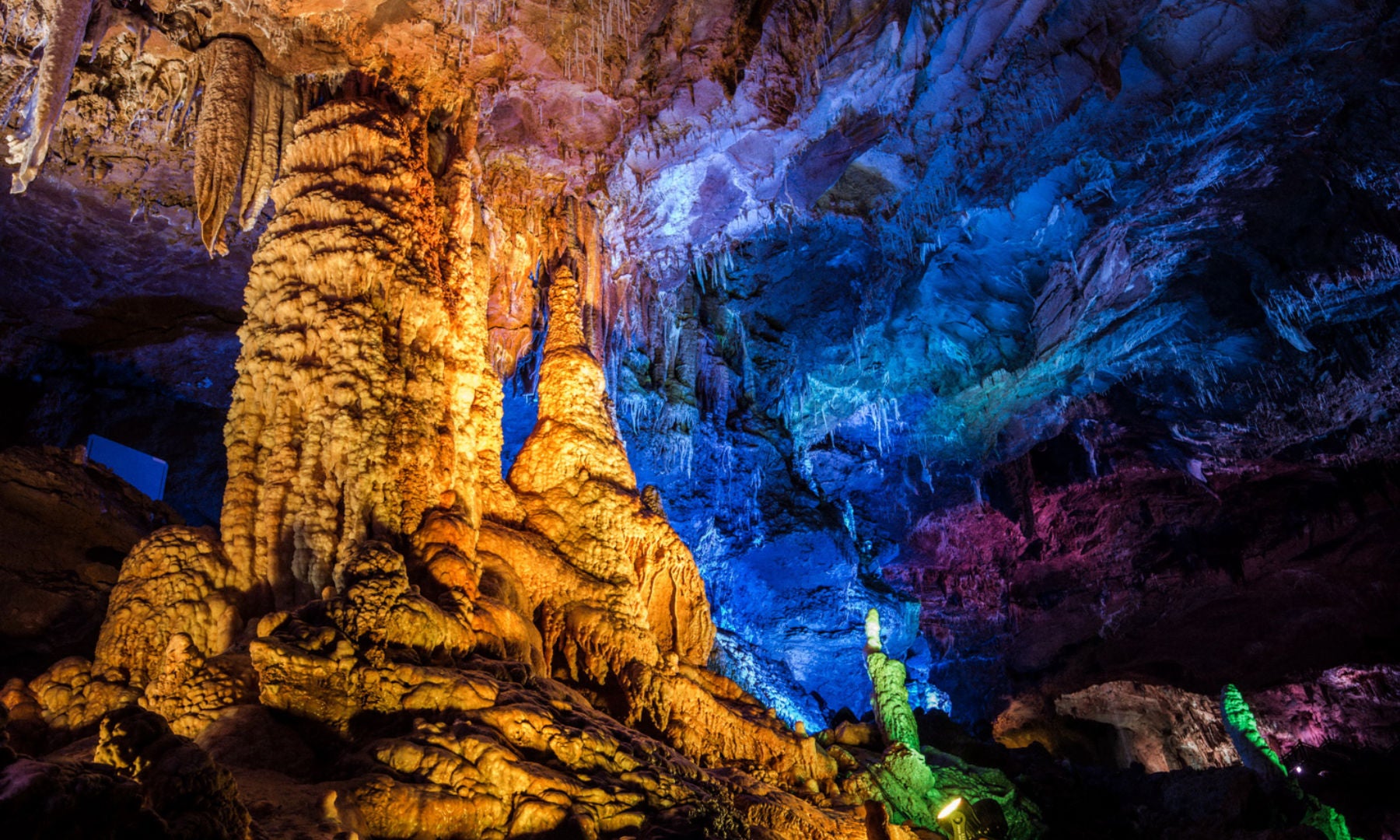Climate change behind collapse of advanced ancient Chinese civilisation dubbed ‘Venice of the Stone Age’
City was among first highly-developed communities based on water infrastructure, scientists say

“Massive flooding” triggered by sudden intense monsoon rains led to the collapse of the Liangzhu and other stone age Chinese cultures along the Yangtze river delta around 4,300 years ago, a new study has suggested.
The Liangzhu exploration site, about 160km southwest of Shanghai, was home to an advanced ancient city with an elaborate water management system, and the oldest known use of large hydraulic engineering structures in China, the researchers, including those from the Chinese Academy of Sciences, said.
Previous archaeological studies have shown that this walled city had a system of navigable canals, dams, and water reservoirs, which made it possible to cultivate large agricultural areas throughout the year.
The Liangzhu ancient city, declared a Unesco World Heritage Site in 2019, is one of the first examples of highly developed communities based on water infrastructure in the history of human civilisation.
The city’s ruins also show evidence that it was culturally and technologically advanced for the period, particularly in agriculture and aquaculture. But it was mysteriously abandoned, and the culture collapsed about 4,300 years ago.
In the research published in the journal Science Advances on Wednesday, scientists assessed ancient climate records in geological samples such as dripstones, as well as archeological data from the site.
They found that the Liangzhu culture collapsed “within a short and anomalous wet period between 4,345 ± 32 and 4,324 ± 30 years ago.”
To reconstruct the ancient climate history of the area, the scientists took samples of cave rocks called stalagmites from the two caves Shennong and Jiulong, which are located southwest of the excavation site.

“These caves have been well explored for years. They are located in the same area affected by the Southeast Asian monsoon as the Yangtze delta and their stalagmites provide a precise insight into the time of the collapse of the Liangzhu culture, which, according to archaeological findings, happened about 4,300 years ago,” Christoph Spötl, a co-author of the study from the University of Innsbruck in Austria, explained.
Based on their analysis of the stalagmite samples, the scientists say, there was a period of extremely high precipitation between 4,345 and 4,324 years ago.
“This is amazingly precise in light of the temporal dimension,” Dr Spötl said. “A thin layer of clay was found on the preserved ruins, which points to a possible connection between the demise of the advanced civilisation and floods of the Yangtze River or floods from the East China Sea. No evidence could be found for human causes such as warlike conflicts.”
The researchers believe the massive anomalous monsoon rains may have led to severe flooding of the Yangtze and its branches that even the sophisticated dams and canals of the time could not withstand – destroying Liangzhu City and forcing people to flee.
“The very humid climatic conditions continued intermittently for another 300 years, as the geologists show from the cave data,” the scientists added.
While the findings support the hypothesis that the city was abandoned after large-scale flooding and inundation, researchers said further studies were needed to confirm the cause of the civilization’s collapse.
Join our commenting forum
Join thought-provoking conversations, follow other Independent readers and see their replies
Comments
Bookmark popover
Removed from bookmarks